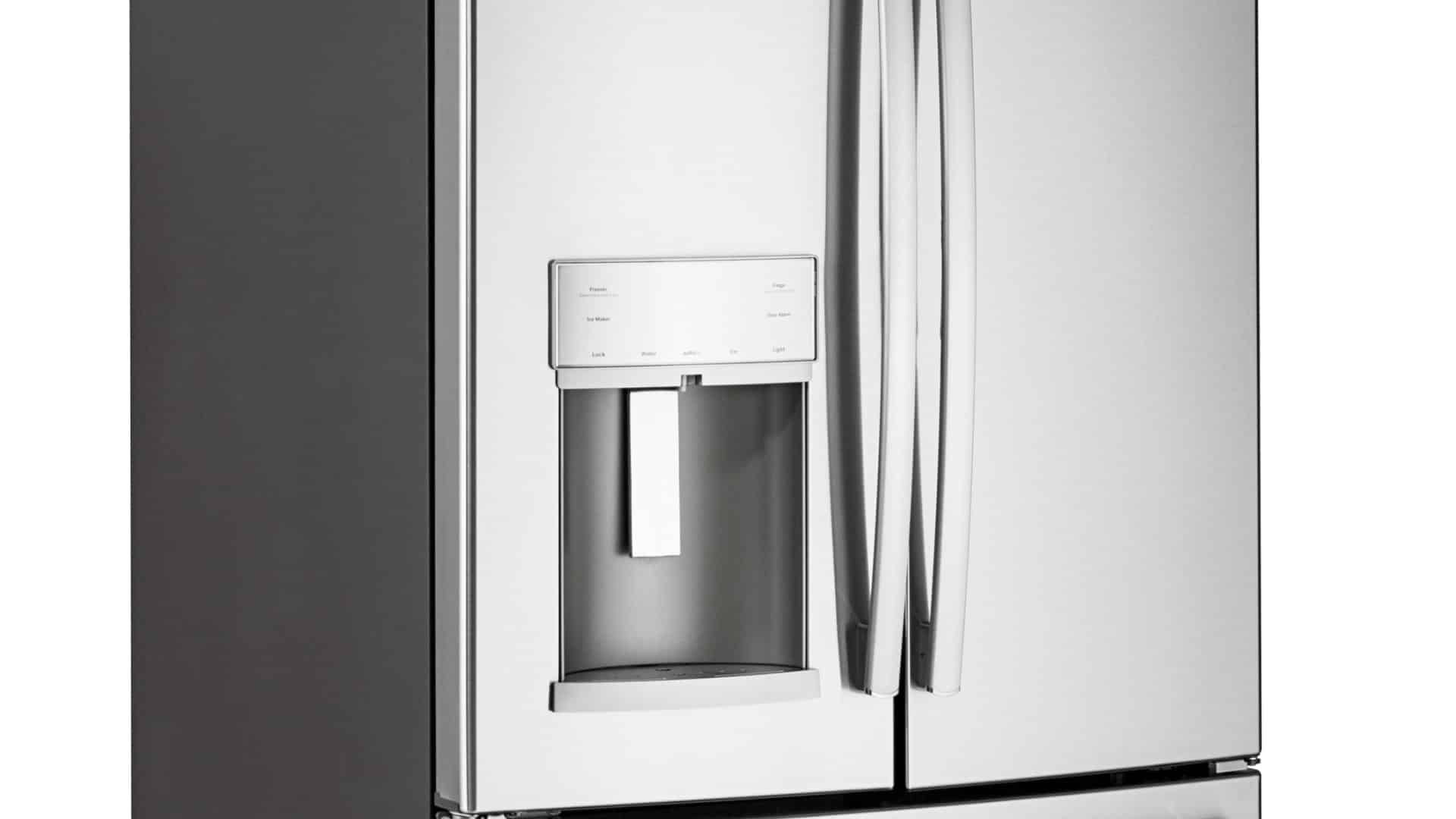Hard water doesn’t occur strictly on dishes; it can also develop inside the dishwasher, where it forms a layer of residue on the components. In addition to reducing the dishwasher’s effectiveness, hard water buildups can damage the heating element, prevent the thermistor from reading temperatures accurately, and restrict water flow.
If you’re struggling with hard water buildups inside your dishwasher, you should take measures to clean and eliminate them. While it typically doesn’t pose any direct threat to one’s health, hard water buildups can take its toll on the dishwasher, reducing its ability to clean and even shortening its lifespan. Performing some basic cleaning and maintenance, however, can protect your dishwasher from the negative effects of hard water buildups.
Let’s first talk go over the basic definition of “hard water,” as this term often confuses people. No, the term doesn’t refer to the actual consistency of the water or how it feels. Instead, hard water refers to water with a high concentration of dissolved minerals (calcium, iron, etc.). People living in certain regions where the municipal tap water system contains large amounts of water are more likely to experience hard water buildups on their dishes and dishwashers.
Some of the newer dishwashers on the market are designed with built-in water softeners to combat the problem of hard water stains. Unfortunately, most older dishwashers lack this convenient feature, forcing consumers to look for alternative solutions. If you browse the dish detergent aisle at your local grocery store, you’ll likely find several different ‘rinse aid’ products. These products are designed to help rinse away hard water from both dishes and your dishwasher.
Another idea is to clean your dishwasher with white vinegar. Pour 1-2 cups of filtered, white vinegar into the bottom of the dishwasher and run it without any dishes. The acidic white vinegar combined with the hot water should make easy work of even the toughest hard water stains. Performing this routine at least once a week will keep your dishwasher clean and smelling fresh.
The truth is that just about any non-toxic acidic liquid can be used to treat hard water stains in dishwashers. Lemon juice is another popular liquid that’s commonly used to remove and prevent hard water stains. The only downside is that it typically costs a bit more than vinegar. Whether you decide to use a rinse aid, vinegar or lemon juice, these are all effective ways to remove stubborn hard water from your dishwasher.
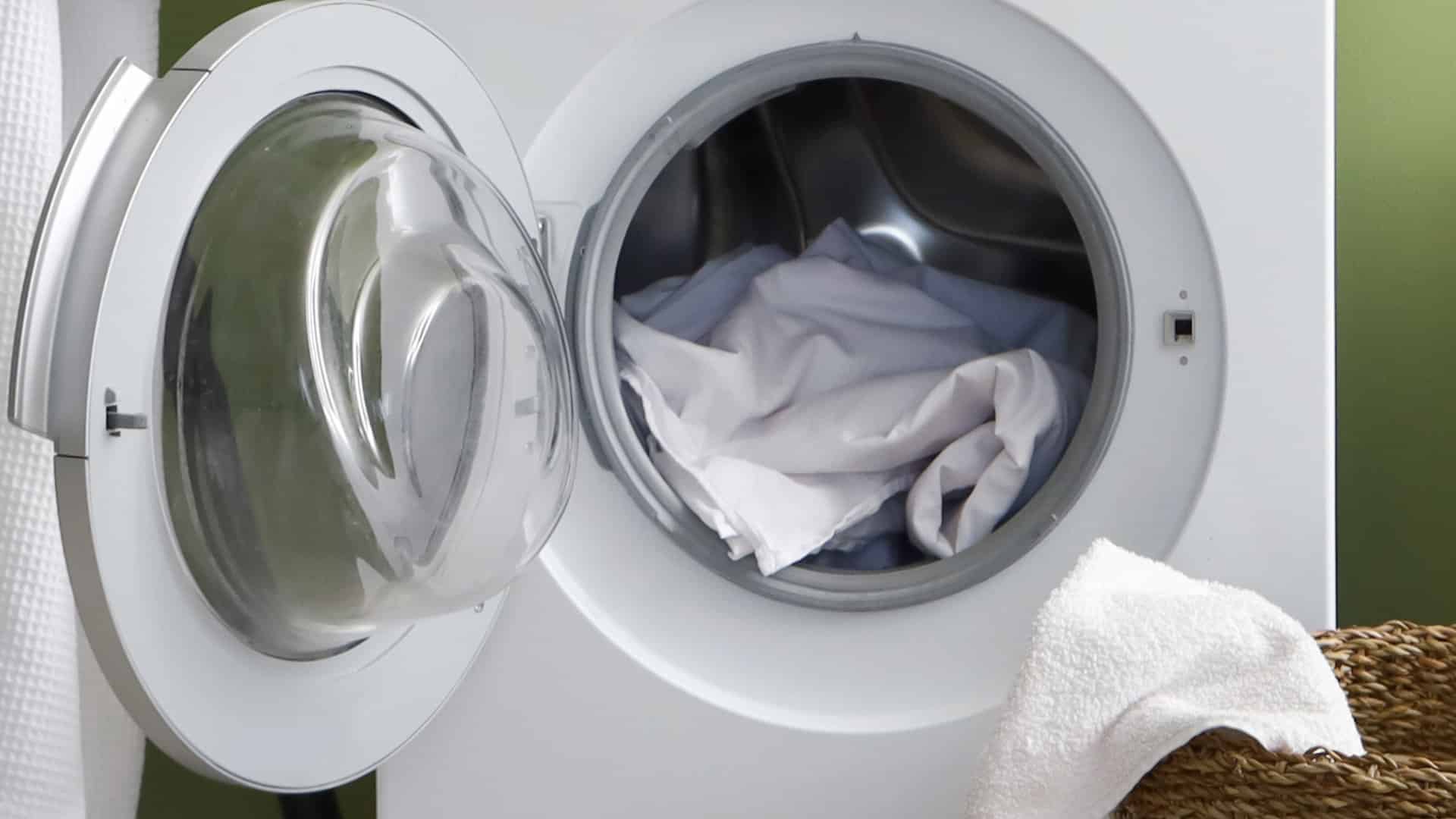
Whirlpool Washer Error Codes Explained
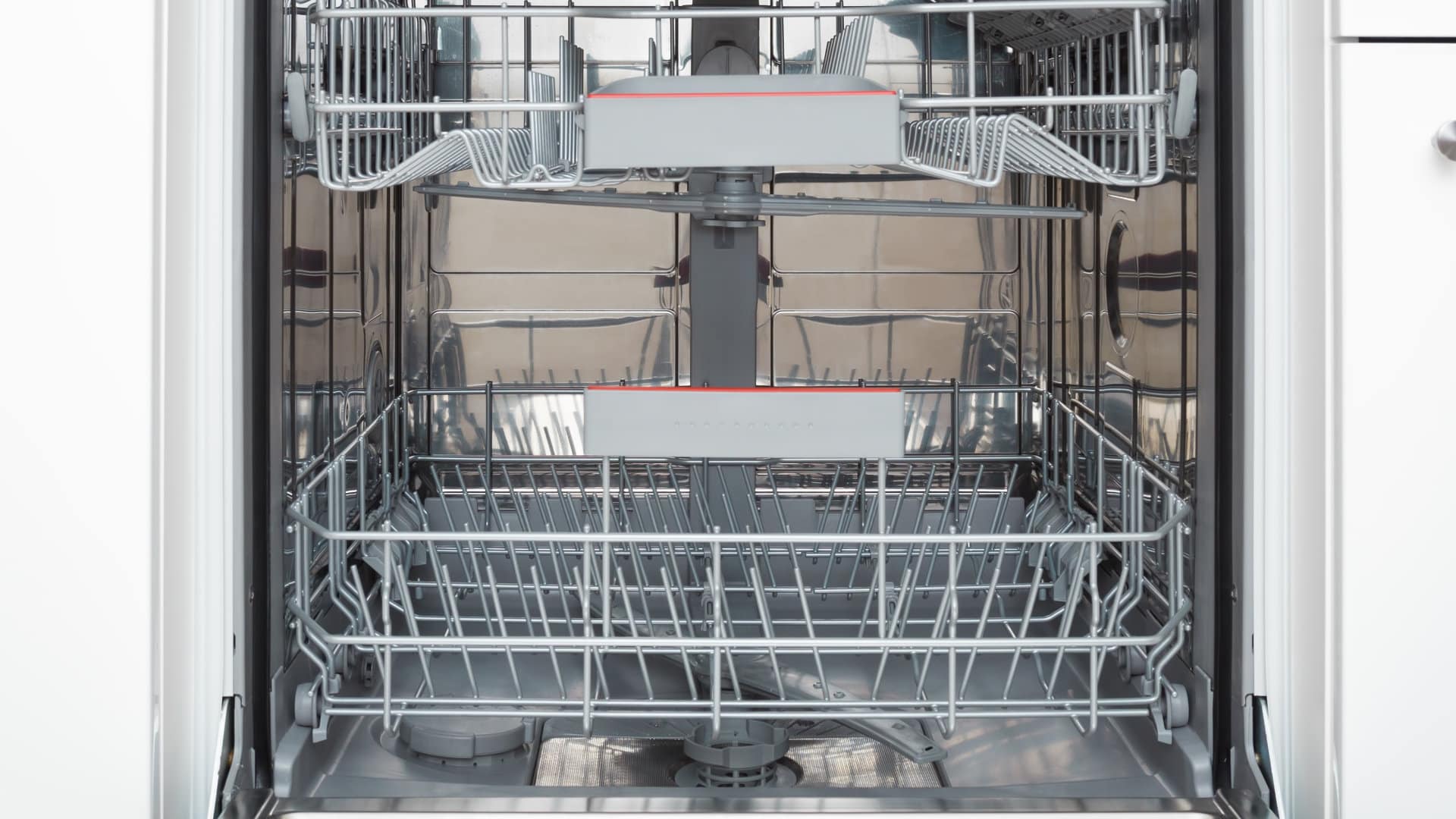
How to Wash a Hat in the Dishwasher (In 5 Steps)
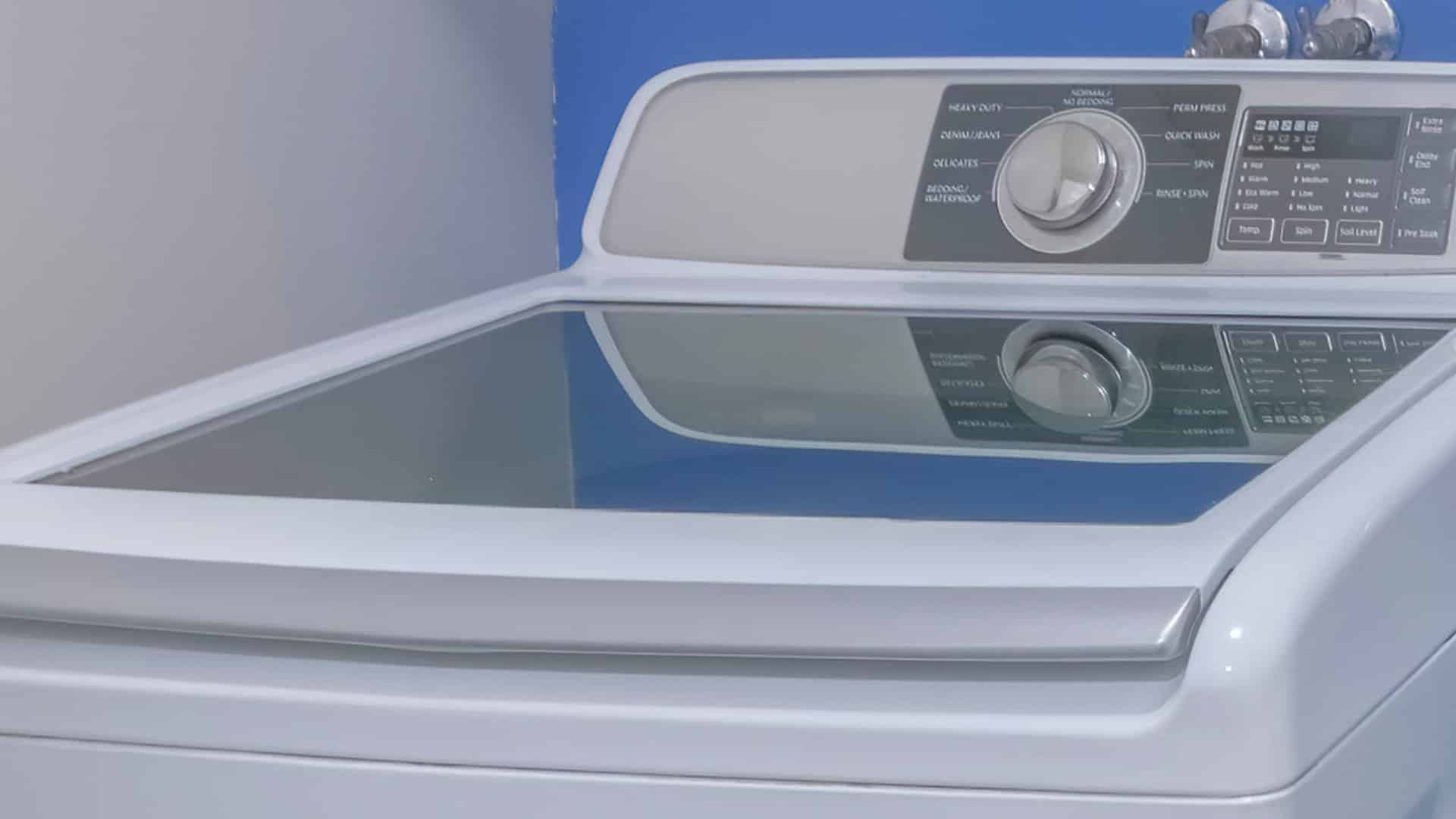
How to Fix the nF Error Code on a Samsung Washer
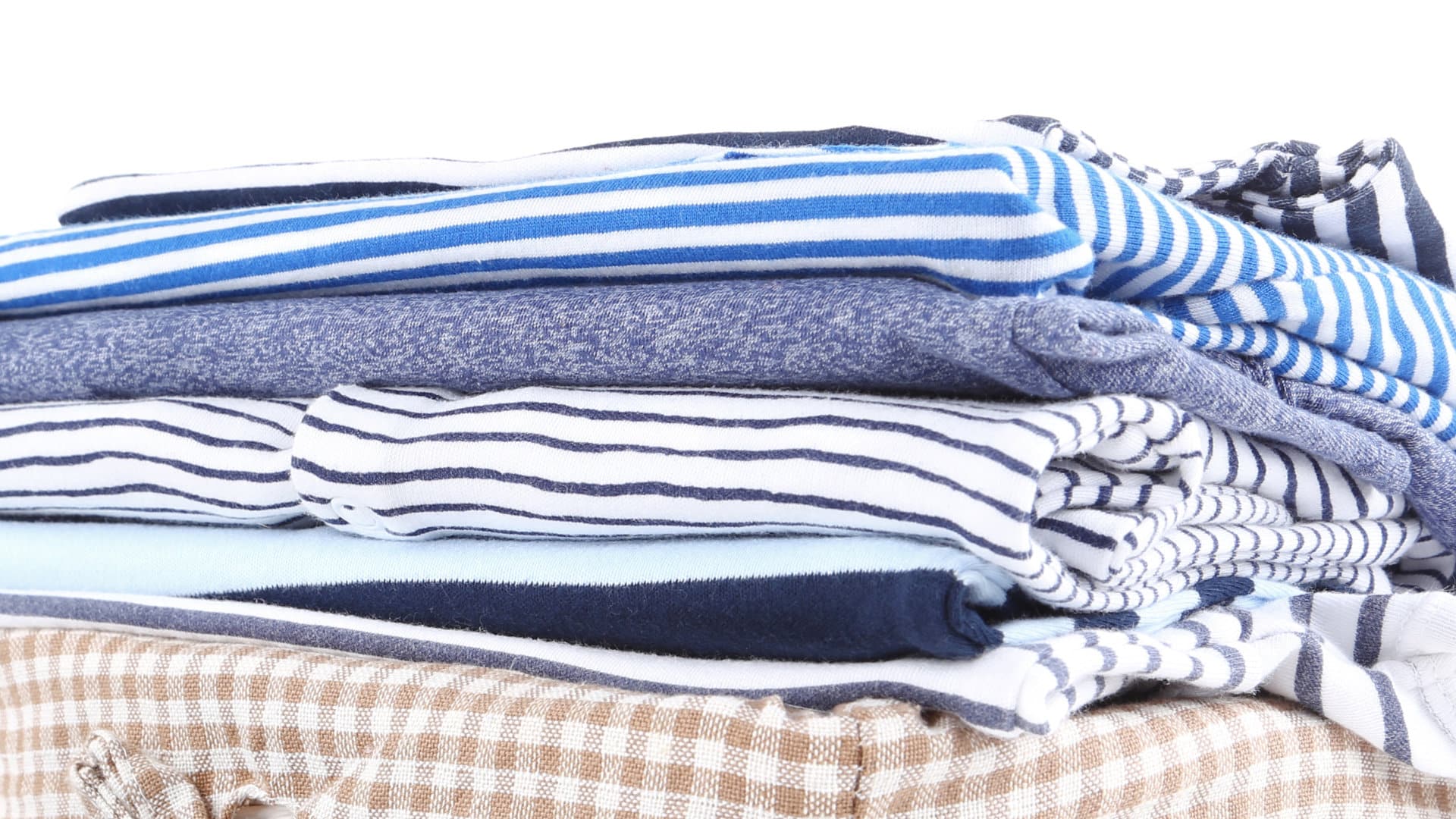
Kenmore Elite Dryer Issues: How To Troubleshoot
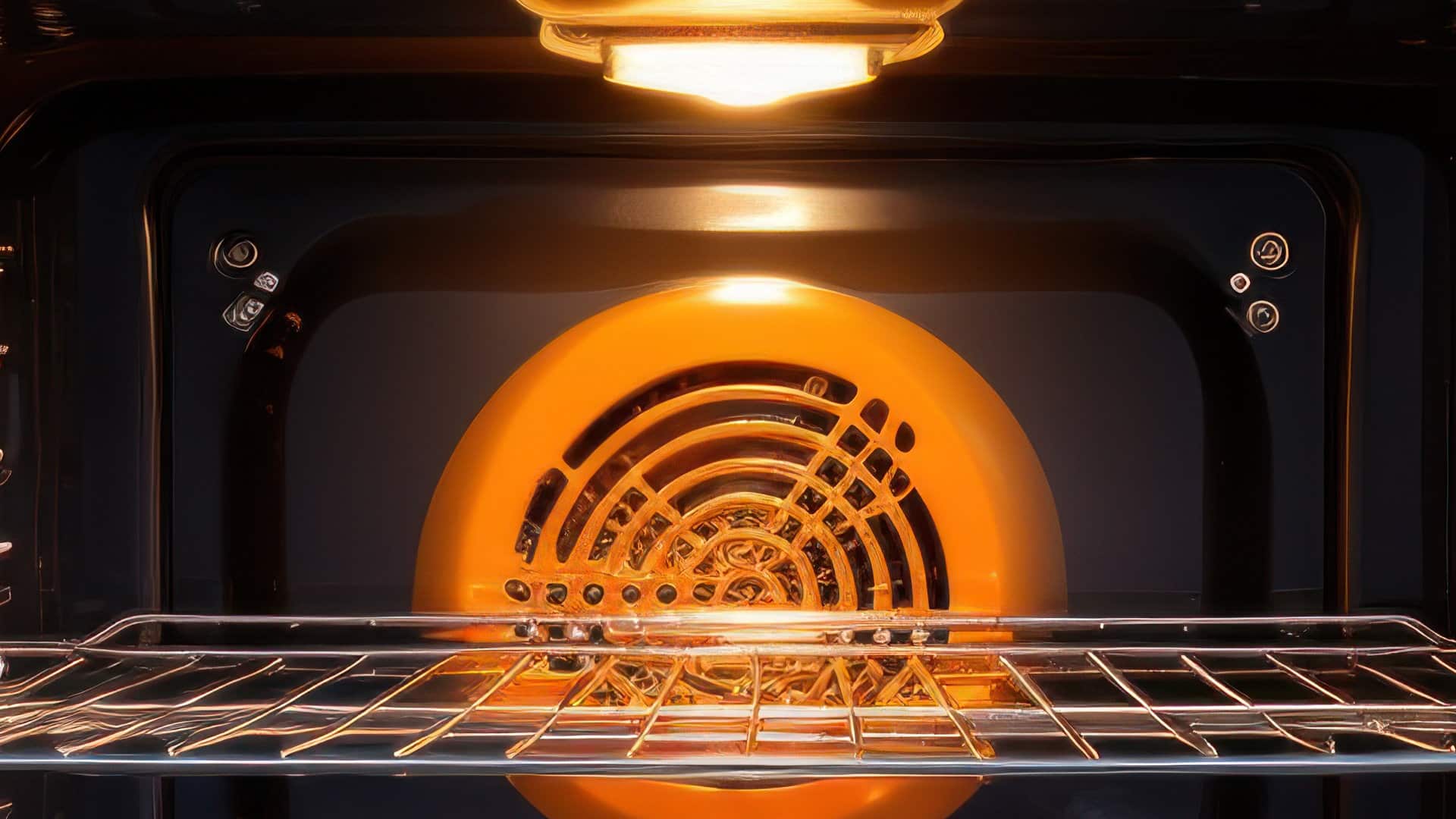
Microwave vs. Oven: Pros and Cons and How They Differ
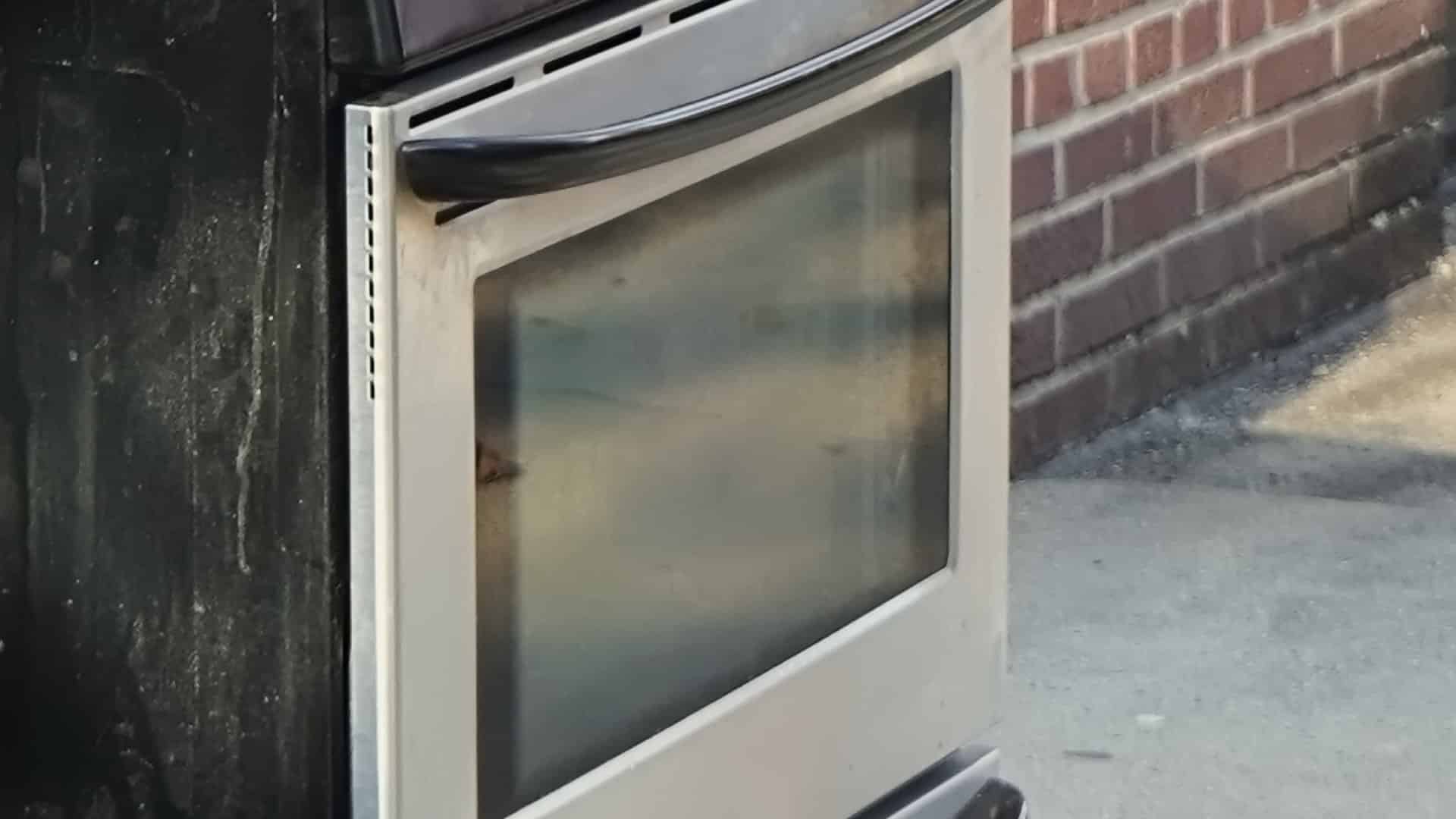
Self-Cleaning Oven Smell: Causes & Odor Reduction Tips
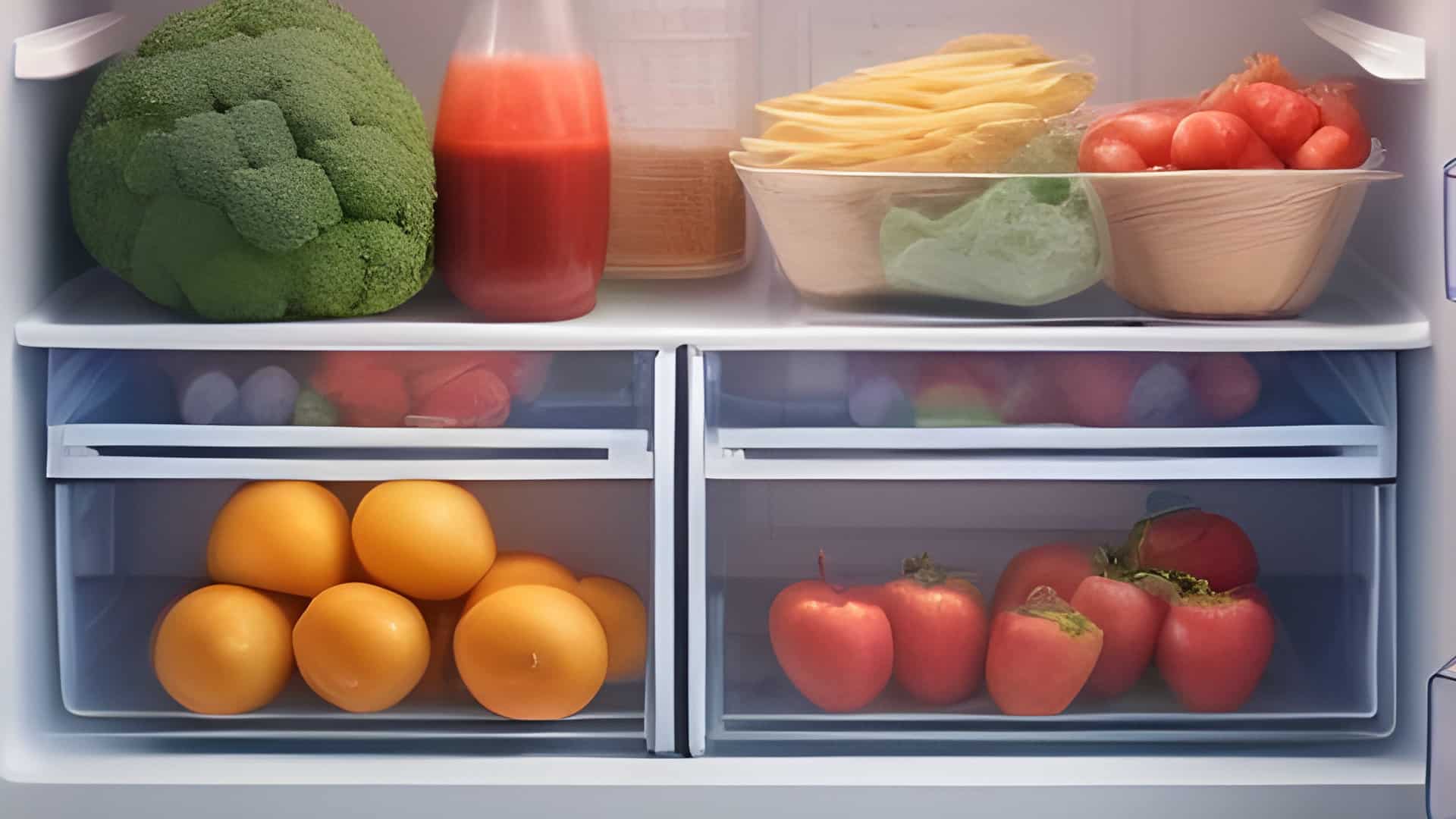
Frigidaire Ice Maker Not Working? 7 Ways to Fix It
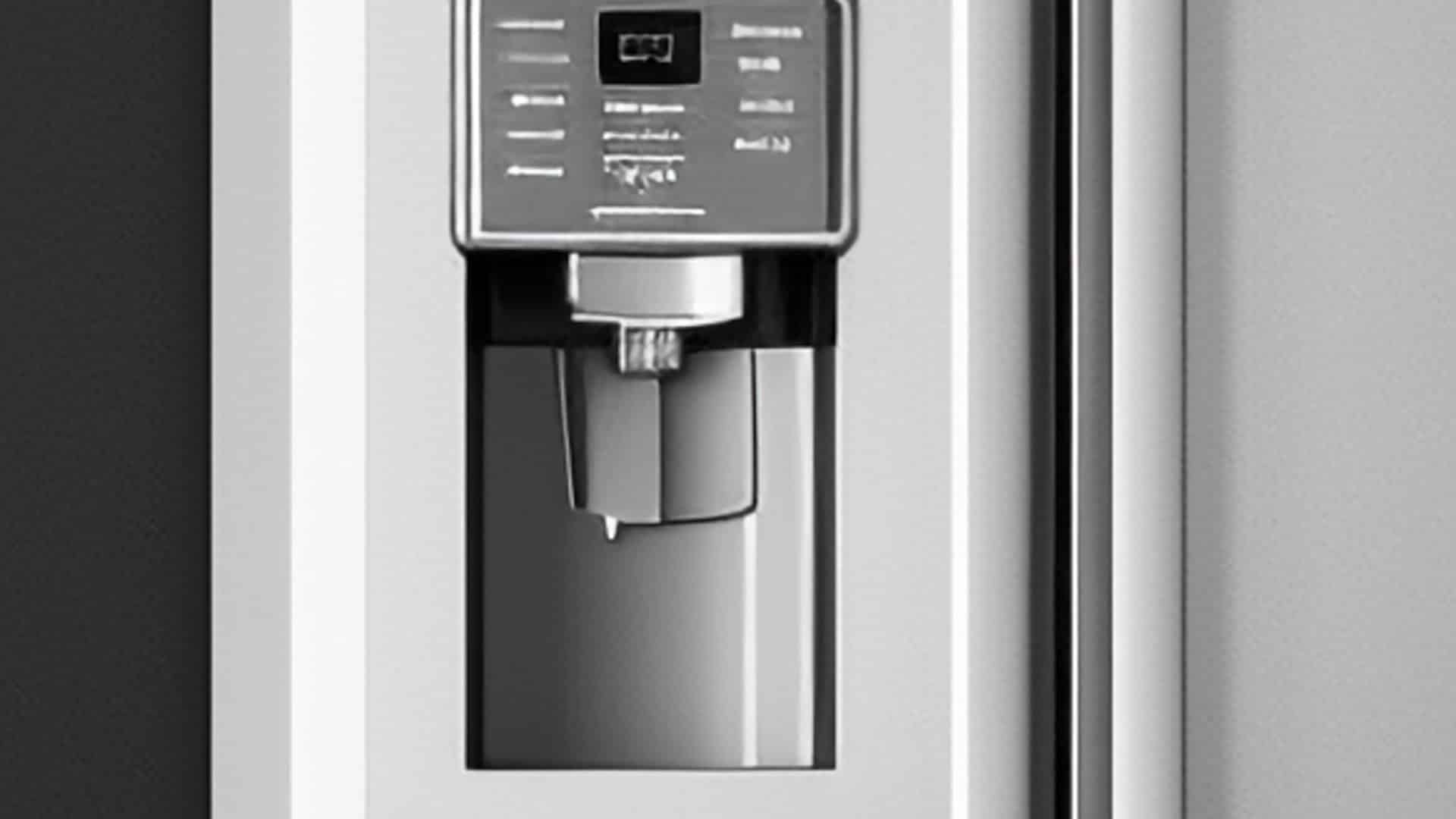
Why Is Your LG Refrigerator Not Cooling? (9 Common Reasons)
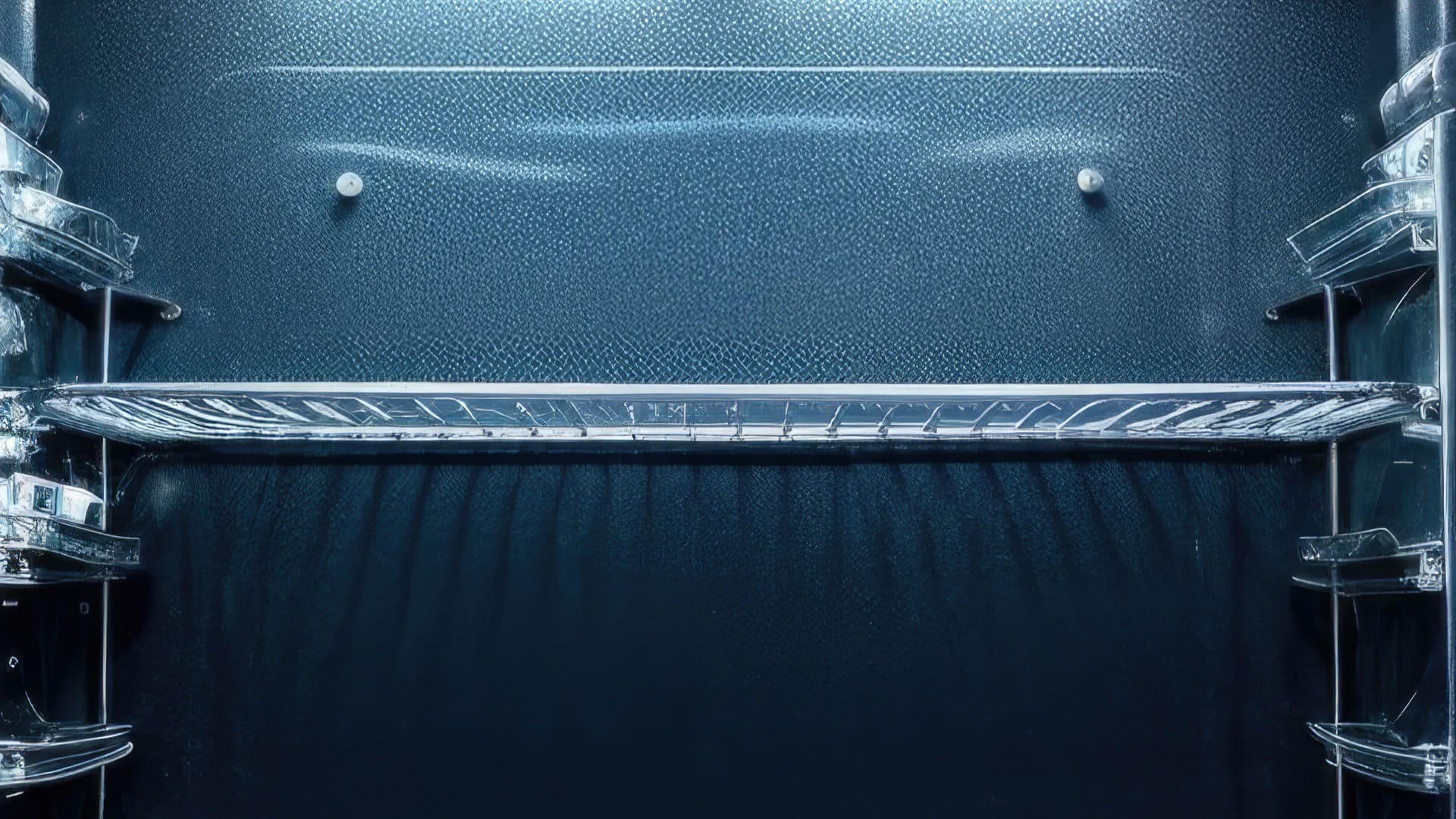
GE Oven F2 Error: Causes & Solutions
